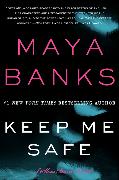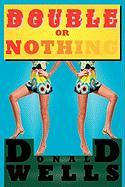The Pfizer Papers
BücherAngebote / Angebote:
The Pfizer Papers features new reports written by WarRoom/DailyClout research volunteers, which are based on the primary source Pfizer clinical trial documents released under court order and on related medical literature. The book shows in high relief that Pfizer’s mRNA COVID-19 vaccine clinical trial was deeply flawed and that the pharmaceutical company knew by November 2020 that its vaccine was neither safe nor effective. The reports detail vaccine-induced harms throughout the human body, including to the reproductive system, show that women suffer vaccine-related adverse events at a 3:1 ratio, expose that vaccine-induced myocarditis is not rare, mild, or transient, and, shockingly, demonstrate that the mRNA vaccines have created a new category of multi-system, multi-organ disease, which is being called “CoVax Disease.” Additionally, the book establishes that Pfizer had data in October 2020 to announce the vaccine’s alleged efficacy but, in what seems like a politically motivated move, delayed that announcement until after the 2020 US presidential election. And, despite the fact that Pfizer committed in its own clinical trial protocol to follow the placebo arm of its trial for twenty-four months, Pfizer vaccinated approximately 95 percent of placebo recipients by March 2021, thus eliminating the trial’s control group and making it impossible for comparative safety determinations to be made. Just as importantly, The Pfizer Papers makes it clear that the US Food and Drug Administration knew about the shortfalls of Pfizer’s clinical trial as well as the harms caused by the company’s mRNA COVID vaccine product, thus highlighting the FDA’s abject failure to fulfill its mission to “[protect] the public health by ensuring the safety, efficacy, and security of human and veterinary drugs, biological products, and medical devices.” The Pfizer Papers offers an in-depth look at how Big Pharma, the US government, and healthcare entities stand protected behind the broad legal immunity provided by the Public Readiness and Emergency Preparedness Act (PREP Act) when creating, prescribing, and administering vaccines, and, under that shield of protection, do what is best for their bottom lines rather than for the health and well-being of Americans.
Erscheint im April




